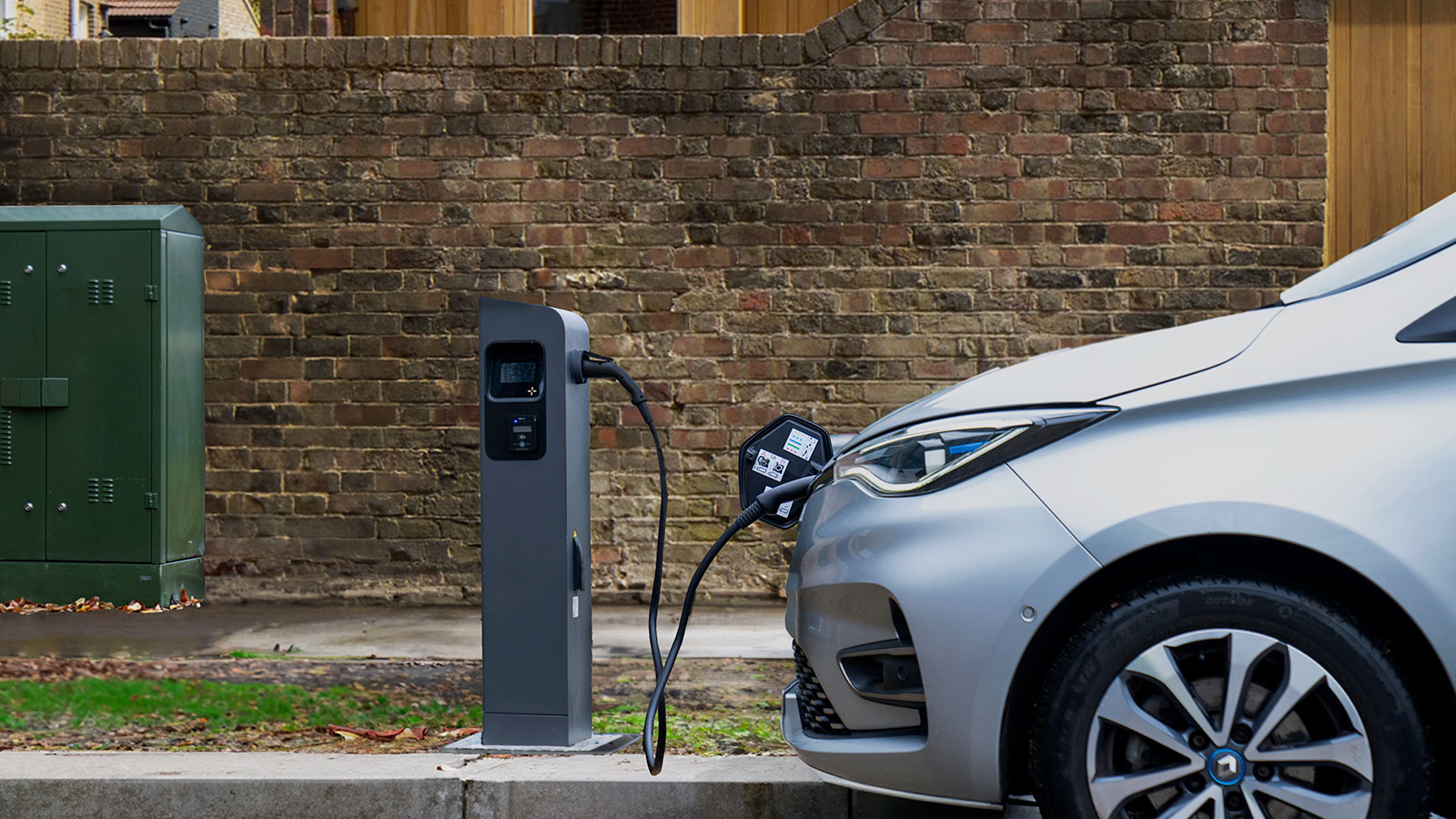BT Group’s digital incubation arm, Etc., has initiated a pilot project to transform traditional broadband and phone cable street cabinets into EV charging stations.
The company announced its plans to convert as many as 60,000 street cabinets into EV charging infrastructure in August 2023, although it has now finally unveiled the first pilot that will utilise cabinets that are near the end of their life.
The initiative comes as a response to the growing concern over the inadequacy of the current EV charging infrastructure in the UK. According to recent research by BT Group, 60% of the population perceives the existing charging facilities as insufficient, with a significant number of petrol and diesel vehicle owners citing the lack of convenient charging options as a major barrier to switching to EVs.
The first charger under this pilot project is set to be installed in East Lothian, Scotland, in the coming weeks. This marks the beginning of a series of technical trials exploring the feasibility of upgrading these cabinets, aligning with the government’s sustainability targets and the broader goal of decarbonising the UK’s transport system.
The project not only addresses the gap in the EV charging infrastructure but also aligns with the UK Government’s ambition to escalate the number of charge points from the current 53,000 to 300,000 by 2030. This increase is crucial, as access to charging remains a significant hurdle in the widespread adoption of EVs.
Etc.’s approach involves retrofitting existing cabinets with devices that enable the sharing of renewable energy to a charge point alongside the existing broadband service, thus avoiding the need for new power connections. These cabinets can be adapted whether they are currently in use for broadband services or are due for retirement, depending on their space and power capacity. Once the broadband equipment becomes redundant, it is recycled, and additional EV charge points are added, effectively utilising the existing infrastructure while expediting the deployment of more charging stations.
This pilot has already gained international recognition, being honoured at the Consumer Electronics Show (CES) for its outstanding design and engineering. However, it’s not just a UK-centric challenge; globally, the scarcity of EV charging infrastructure is notable. For example, the US currently has only 160,000 public EV chargers to cater to its growing fleet of electric vehicles.
As the UK progresses towards a fully fiber-optic network, the conversion of old cabinets to EV charge points presents a solution to a pressing environmental challenge, demonstrating a creative approach to repurposing existing infrastructure for a sustainable future.
Tom Guy, CEO of Etc. at BT Group, emphasises the significance of this venture, stating, “Our new charging solution is a huge step in bringing EV charging kerbside and exploring how we can address key barriers customers are currently facing. Working closely with local councils in Scotland and more widely across the UK, we are at a critical stage of our journey in tackling a very real customer problem that sits at the heart of our wider purpose to connect for good.”

